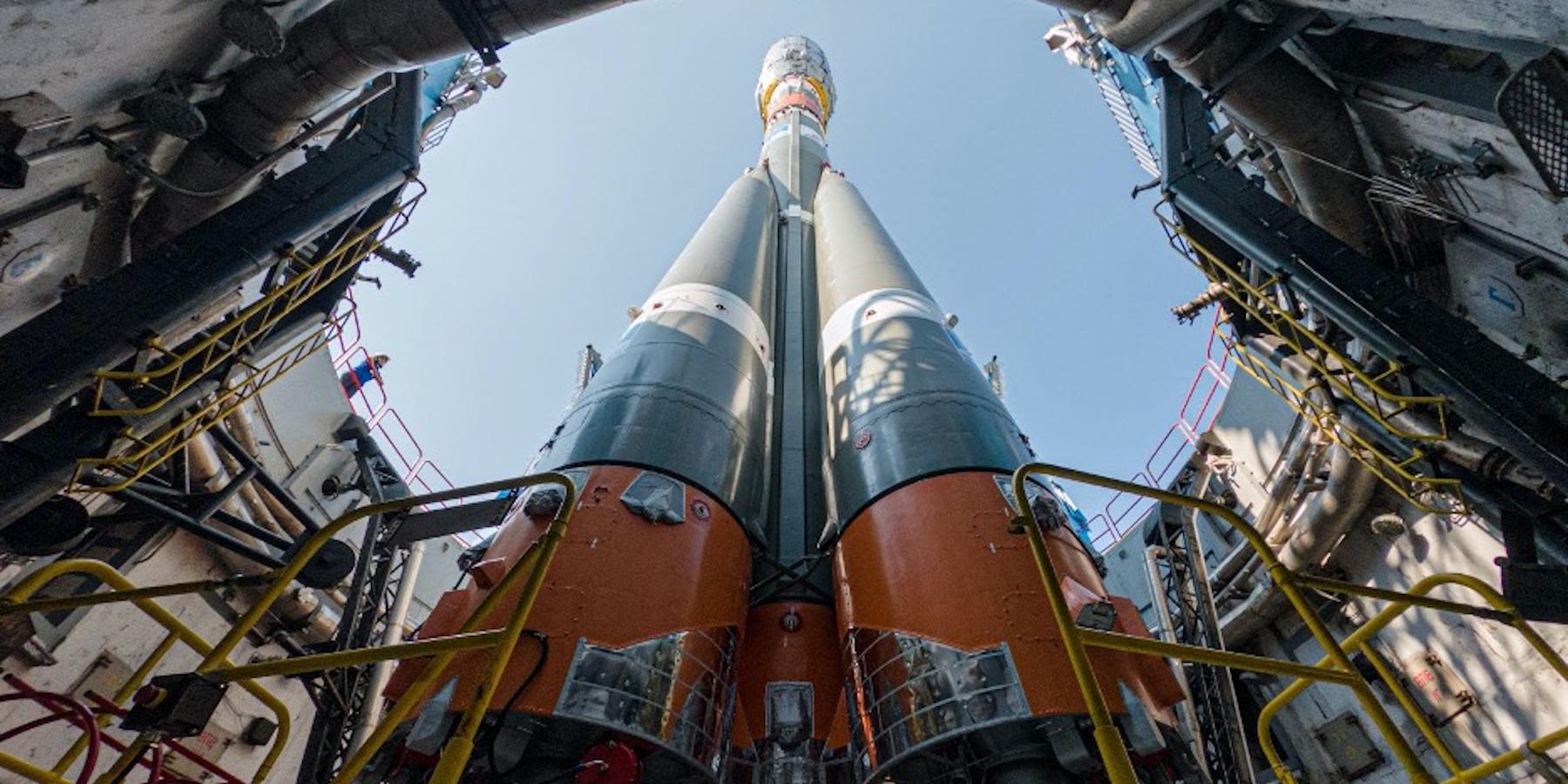OneWeb will launch a new set of satellites tonight with 136 silicon photodiodes manufactured at the IMB-CNM
The OneWeb ninth batch of satellites will be launched tonight, 20th August, after the previously arranged date -last night- was postponed due to a non-nominal event during the final automatic sequence. The launch will happen after midnight from Baikonur, an area of southern Kazakhstan.

OneWeb will launch its new set of satellites into space tonight after a delay of one day. The constellation will thus reach the number of 288 satellites. This last batch comes shortly after the last one in July, which enabled connectivity services for the first time to the 50th parallel and above by the year end, which includes the United Kingdom, Canada, Alaska and the Arctic Region.
Each device is equipped with silicon sensors developed by the Institute of Microelectronics of Barcelona, manufactured in the Micro and Nanofabrication Clean Room and sold to SolarMEMS technologies S.L. through D+T Microelectrónica A.I.E.. The satellites have two solar tracking sensors and each is equipped with two of the IMB-CNM’s photodiodes, so every satellite has 4 sensors made in Barcelona (Cerdanyola del Vallés). After tonight, there will be 1.152 sensors (136 in this ninth launch) floating within these devices in space, inside the 288 satellites of the constellation. The satellites weigh roughly 150 kg each and are the size of a fridge.
The launch will happen after midnight (at 22:08 GMT/00:08 CEST, Madrid time) in the Baikonur Cosmodrome, in an area of southern Kazakhstan leased to Russia. It is the world's first spaceport for orbital and human launches and the largest (in area) operational space launch facility. The original date (last midnight) was postponed due to a non-nominal event during the final automatic sequence.
The OneWeb mega-constellation
The OneWeb constellation aims to allow communication throughout the world by air, sea, land, providing connection to anyone, anywhere through 3G, LTE, 5G and Wi-Fi coverage. The plan is to launch up to 648 satellites by the end of 2022, which will provide global coverage.
More information:
- About previous launches on our site: 872 silicon photodiodes of the Clean Room are in orbit after the seventh OneWeb launch.
- About the launches program: OneWeb.




